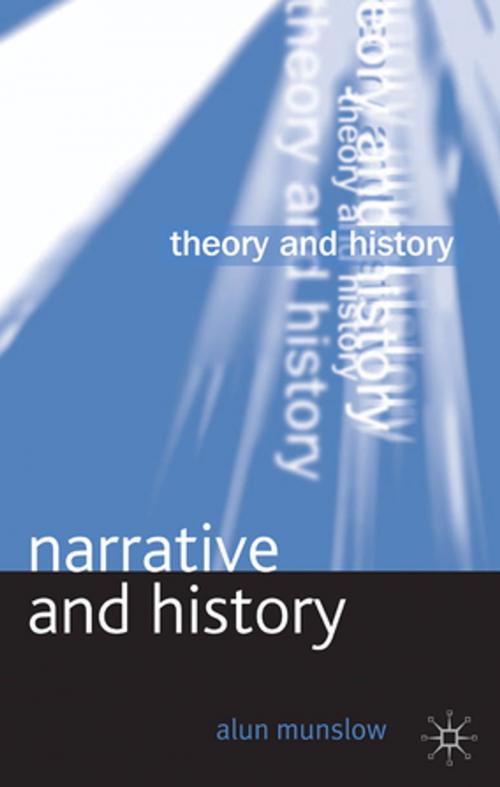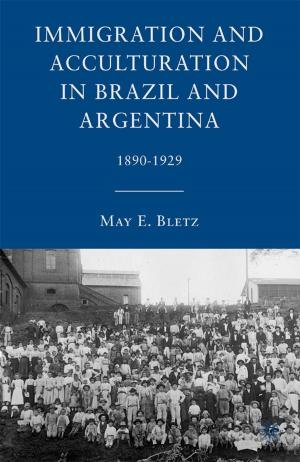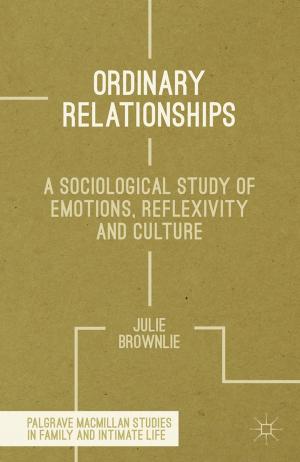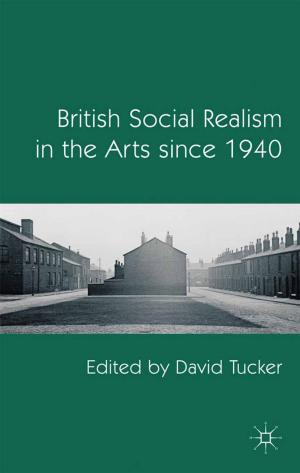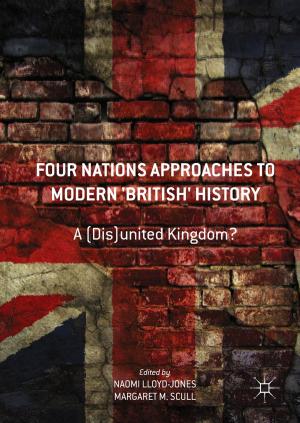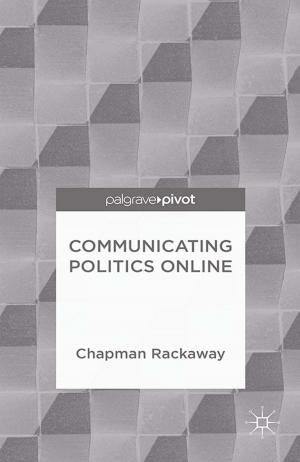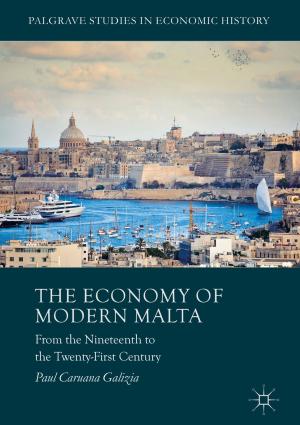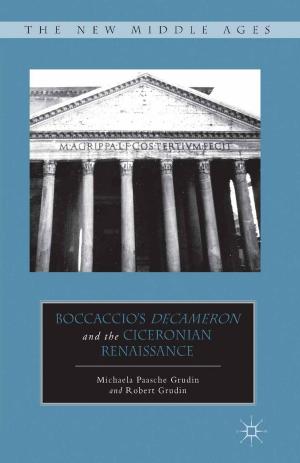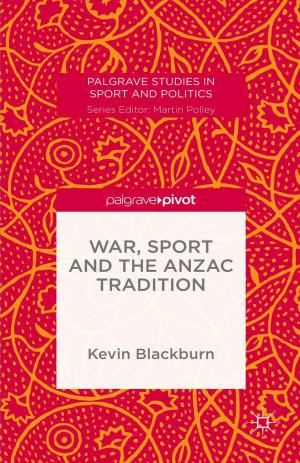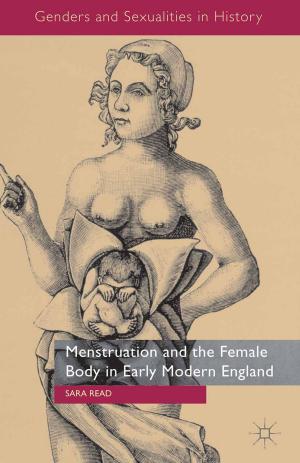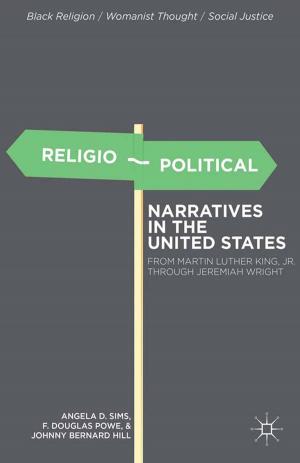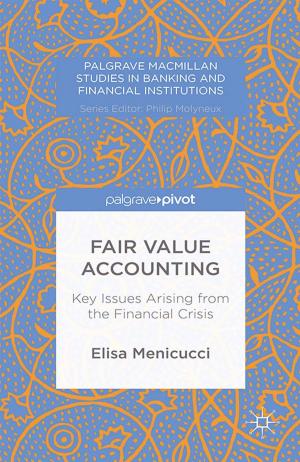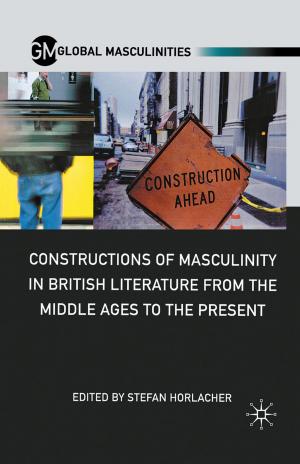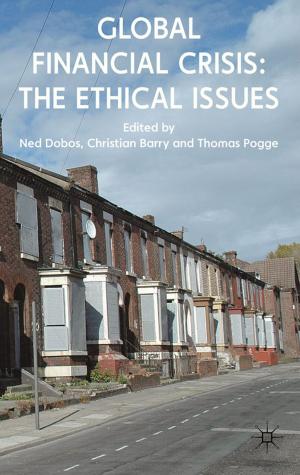| Author: | Professor Alun Munslow | ISBN: | 9781137019424 |
| Publisher: | Palgrave Macmillan | Publication: | July 20, 2007 |
| Imprint: | Palgrave Macmillan | Language: | English |
| Author: | Professor Alun Munslow |
| ISBN: | 9781137019424 |
| Publisher: | Palgrave Macmillan |
| Publication: | July 20, 2007 |
| Imprint: | Palgrave Macmillan |
| Language: | English |
Based on the assumption that reality, reference and representation work together, Narrative and History explains and illustrates the various ways in which historians write the past as history. For the fist time, the full range of leading narrative theorists such as Paul Ricoeur, Hayden White, Frank Ankersmit, Seymour Chatman and Gérard Genette have been brought together to explain the narrative-making choices all author-historians make when creating historical explanations.
Narrative and History:
- considers the range of author-historian decisions through key concepts such as epistemological and aesthetic choice, ethics and ideology, emplotment and argument
- defines and illustrates the functions of narrating and narration, authorial voice, characterisation and the timing of the text
- explores in detail the consequences for truth, objectivity, meaning, the role of experimental history, and history representation beyond the textual in film, TV, public history, performance and digitization.
Combining theory with practice, Alun Munslow expands the boundaries of the discipline and charts a new role for unconventional historical forms and modes of expression.
Narrative and History:
- considers the range of author-historian decisions through key concepts such as epistemological and aesthetic choice, ethics and ideology, emplotment and argument
- defines and illustrates the functions of narrating and narration, authorial voice, characterisation and the timing of the text
- explores in detail the consequences for truth, objectivity, meaning, the role of experimental history, and history representation beyond the textual in film, TV, public history, performance and digitization.
Combining theory with practice, Alun Munslow expands the boundaries of the discipline and charts a new role for unconventional historical forms and modes of expression.
Based on the assumption that reality, reference and representation work together, Narrative and History explains and illustrates the various ways in which historians write the past as history. For the fist time, the full range of leading narrative theorists such as Paul Ricoeur, Hayden White, Frank Ankersmit, Seymour Chatman and Gérard Genette have been brought together to explain the narrative-making choices all author-historians make when creating historical explanations.
Narrative and History:
- considers the range of author-historian decisions through key concepts such as epistemological and aesthetic choice, ethics and ideology, emplotment and argument
- defines and illustrates the functions of narrating and narration, authorial voice, characterisation and the timing of the text
- explores in detail the consequences for truth, objectivity, meaning, the role of experimental history, and history representation beyond the textual in film, TV, public history, performance and digitization.
Combining theory with practice, Alun Munslow expands the boundaries of the discipline and charts a new role for unconventional historical forms and modes of expression.
Narrative and History:
- considers the range of author-historian decisions through key concepts such as epistemological and aesthetic choice, ethics and ideology, emplotment and argument
- defines and illustrates the functions of narrating and narration, authorial voice, characterisation and the timing of the text
- explores in detail the consequences for truth, objectivity, meaning, the role of experimental history, and history representation beyond the textual in film, TV, public history, performance and digitization.
Combining theory with practice, Alun Munslow expands the boundaries of the discipline and charts a new role for unconventional historical forms and modes of expression.
